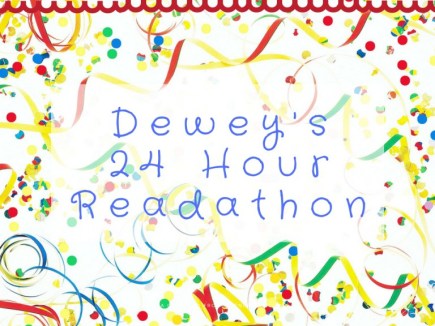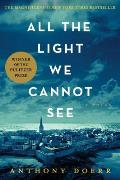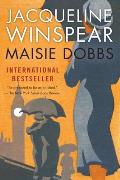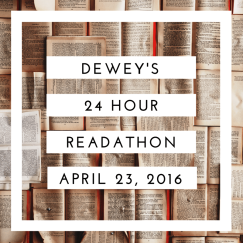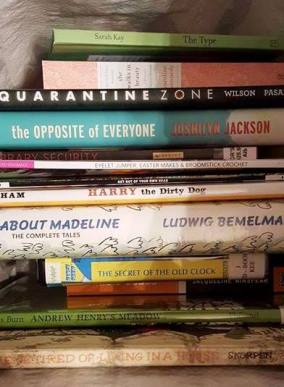
source: Tor.com
The start of a new series for popular writer John Scalzi. I love his books and have read them all! I always recommend his Old Man’s War series for those who are wary of trying science fiction. Scalzi’s writing is approachable; his science is understandable and believable; action scenes are fast paced; the moral dilemmas are intriguing, and he writes one heck of a good character with great dialogue to boot!
Getting back to The Collapsing Empire…
Summary: Our universe is ruled by the laws of physics and faster than light space travel is impossible until the discovery of The Flow, a status that allows space vessels to move between space and time to get to other worlds in the universe. (The Flow reminds me of the East Australian Current that Crush enjoyed in Finding Nemo! It’s more complicated than that happy, sweeping current, but…). The Flow has allowed humanity to move further away from Earth until it’s but a dim memory. As a result, humans have colonized several planets and developed the Interdependency, a loose form of government which takes as its basis the belief that no one planet can survive without the others. However, something is happening to The Flow that will alter the relationship the planets and their inhabitants have with each other.
Scalzi writes characters with strong personalities and snappy, and sometimes snarky, dialogue. I laughed out loud several times in this book and enjoyed the characters, including strong females (a reluctant empress and a businesswoman who lacks much of a conscience!) and a good-guy scientist who is being hunted by a bad-guy who wants more political power. Quirky and comforting secondary characters round out the players in this space opera. The plot is filled with Interdependency political intrigue, great action scenes whether in space or between characters, and situations that don’t fully reveal themselves. I don’t feel this book is as strong as his Old Man’s War series, but I liked it enough to continue reading the series as they are published. Can we talk about the ending of this book!?! No; we can’t until you’ve read it. I wonder if your reaction will be similar to mine! 😉
If you’d like to try other accessible writers of science fiction, try these:
Joe Haldeman’s The Accidental Time Machine, a stand-alone novel with an intriguing premise and an engaging protagonist.
Rachel Bach’s Fortune’s Pawn, first in a series about a kick-ass mercenary and fate of the oracle.
Harry Harrison’s The Stainless Steel Rat, first in a humorous space opera series about the adventures of a lovable intergalactic crook!
Robert J. Sawyer’s Wake, first in a series of a young woman who receives an implant that restores her eyesight, and allows her to see much more than what is in front of her.
Mary Doria Russell’s The Sparrow, a literary saga of First Contact gone horribly wrong. (This book is one I sneak in, like a parent sneaks veggies into a casserole, because it’s first and foremost wonderfully written fiction. You get sucked into the story before you realize it’s science fiction! A favorite book of mine, I couldn’t leave it off a list of accessible science fiction!)
